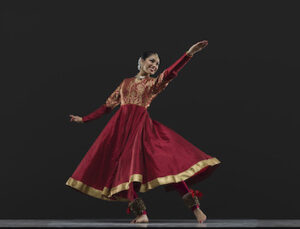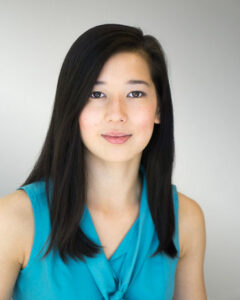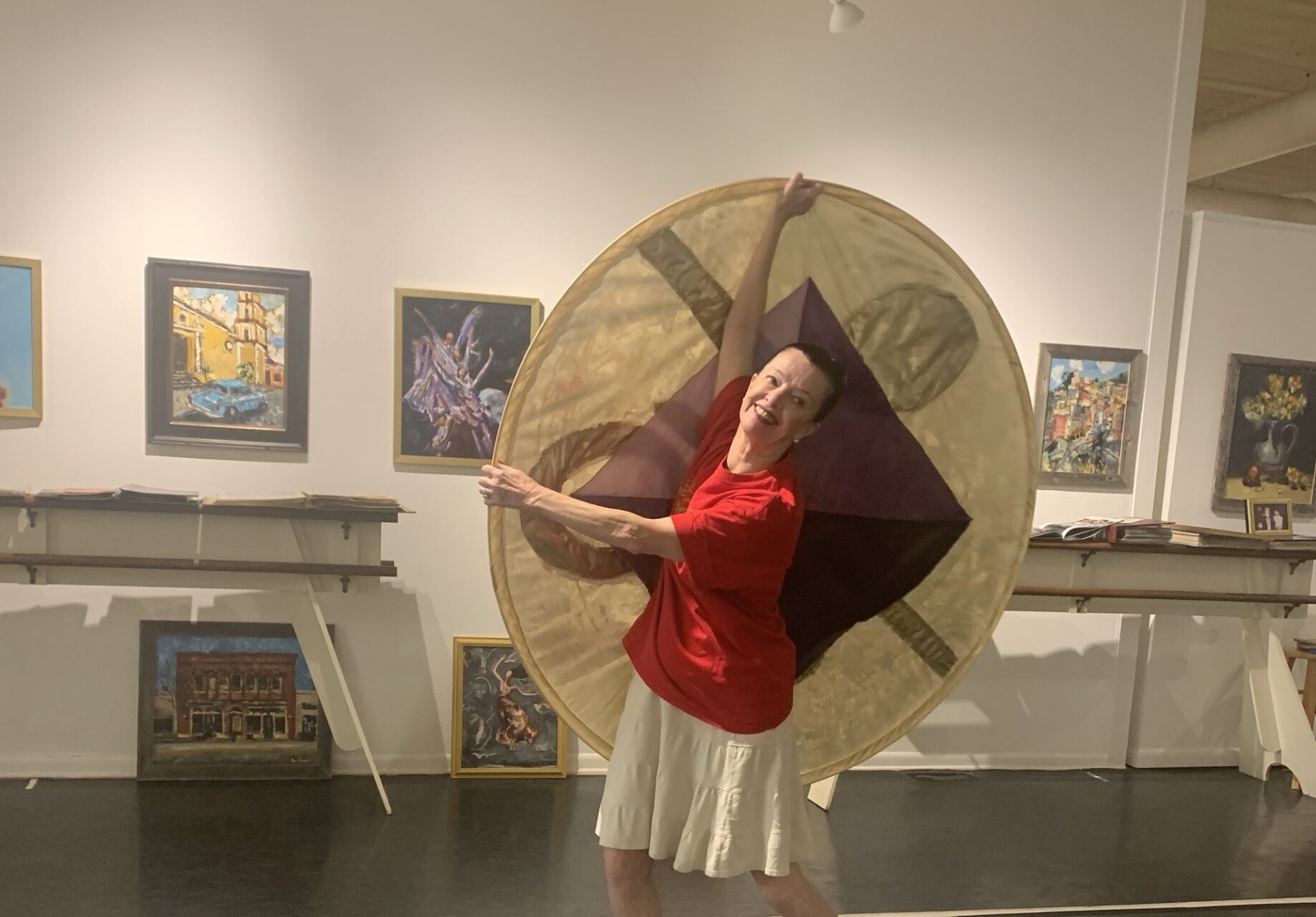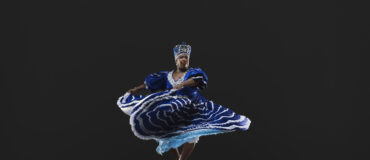By R. Sumi Matsumoto
R. Sumi Matsumoto is a 2020/2021 Dance/USA Archiving & Preservation Fellow. Phase 1 of her Fellowship ran from June-August 2020, and was hosted remotely by World Arts West. For Phase 2 in the summer of 2021, Sumi continued her remote work with World Arts West. This is the fourth and last of her four posts. Read more about the Fellowship program here and read Sumi’s third blog post here.
January 14, 2022
It has been such a pleasure to work with World Arts West, Nancy MacKay, and Dance/USA for the past two summers. When I was selected to participate in this fellowship back in March 2020, I could not imagine the experience ahead of me. Having previous experience with dance archives, I was aware of how uniquely difficult it is to accurately portray ephemeral art in an archive. Working with World Arts West, I realized how much more complicated this process is when representing a diversity of cultural traditions. Because I was unable to travel to San Francisco to work with World Arts West in person, the goals of the fellowship changed slightly, but it was still a very rewarding experience. Through my fellowship, I worked to create infrastructure for metadata to help World Arts West transition the archive from boxes in a storage facility to an interactive digital platform. Although my work is only a small part of the process, it sets up World Arts West to continue improving their archive.

Chitresh Das Youth Company, performing Kathak, an Indian classical dance form from Northern India. Photo by RJ Muna
One of the most significant things I took away from my experience is how collaborative building an archive is. Most organizations, especially small nonprofits, have only one archivist, if they have any archiving support at all. However, the archivist cannot work alone. The archive requires input from users, financial backing, and administrative support. As a presenting organization, part of World Arts West’s archive captures the activities and performances of other companies. There is an ethical duty to not misrepresent these other companies and individuals. An important part of my process was discussing my work with World Arts West staff to ensure accurate yet sensitive depiction of the artists within their community. I also worked closely with my mentor, Nancy MacKay, who independently inventoried World Arts West’s physical boxes of materials during my fellowship. It was endlessly helpful to brainstorm together and hear her feedback throughout my process. At the very end of my fellowship, Nancy and I presented our work to the World Arts West Board of Directors. We showcased the value of the archive to help them better understand the project and the need for continued investment. Executive Director Anne Huang is a huge proponent of the archive, and her continued enthusiasm drives the project forward. Although I was working independently and remotely throughout my fellowship, I still felt like part of the World Arts West team.
Another takeaway from my fellowship is how mutable archives are. Archives are traditionally thought of as static: a way to preserve and maintain records. Working with World Arts West, one of the recurring requirements was flexibility. As an active organization, World Arts West is constantly adding materials to their archive. Newer formats like digital photographs and pdf programs have to be accommodated as well as DVDs, printed program books, and audio cassettes. There also has to be the ability to incorporate future formats as they arise. The language used in the archive also needs to be changeable. Since World Arts West works with cultural traditions, language describing dance works may shift over time as geopolitical influences and cultural societies change. Building in space for change over time was an important part of laying the foundations for the archive. It also was crucial to make this flexibility accessible, so that changes could be made as needed by World Arts West staff rather than relying on technical experts.
I am very thankful to Dance/USA and World Arts West for the opportunity to participate in this fellowship program. I’ve learned so much in the past two summers. The work I have done is the start to a long—but rewarding—process as World Arts West continues to develop their archive. I’m so honored to have been a part of this project and experience the wealth of unique materials in World Arts West’s archive.

R. Sumi Matsumoto is pursuing a master’s degree in library and information science at the Pratt Institute, focusing on archival studies. She received her BFA in Dance with a minor in Computer Science from the University of Michigan in Ann Arbor. She is currently the Audiovisual Archivist for the Merce Cunningham Trust. Previously, she worked in the Dance Division of the New York Public Library for the Performing Arts, interned at the Jacob’s Pillow Archives, and volunteered in the archives of the José Limón Dance Foundation. As a dancer, Sumi performed at the Joyce Theater with the José Limón Institute and at MoMA with Ai Dance Theater. Sumi is passionate about dance archiving and is excited to build upon her existing experience through the Dance/USA Fellowship in Dance Archiving and Preservation.
She looks forward to working more closely with dance artists through World Arts West and empowering practitioners of traditional dance forms to build personal archives.
____
We accept submissions on topics relevant to the field: advocacy, artistic issues, arts policy, community building, development, employment, engagement, touring, and other topics that deal with the business of dance. We cannot publish criticism, single-company season announcements, and single-company or single artist profiles. Additionally, we welcome feedback on articles. If you have a topic that you would like to see addressed or feedback, please contact communications@danceusa.org.
Disclaimer: Opinions expressed in guest posts do not necessarily represent the viewpoints of Dance/USA.


